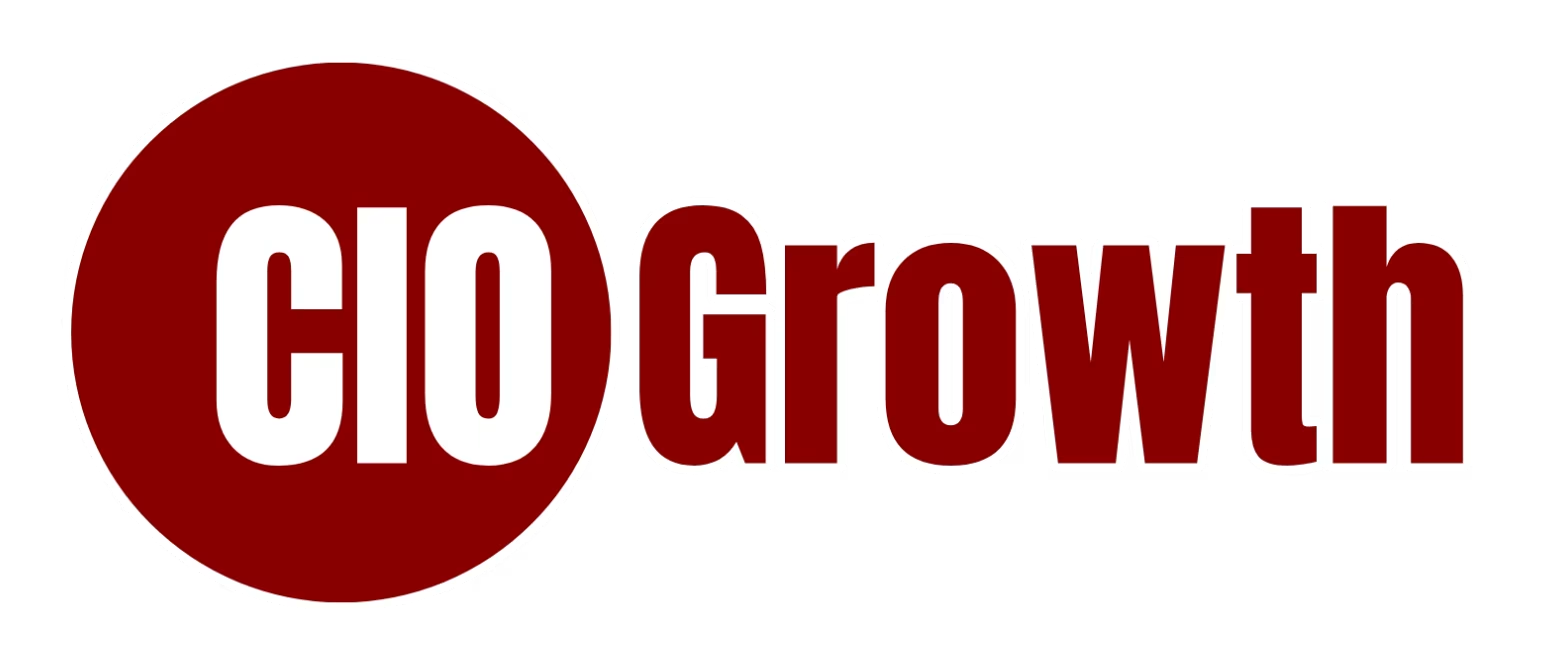Alexandre Horvath
Shaping the Future of Cybersecurity and Data Protection

1. Can you share how your career path led you to become the CISO & DPO at Cryptix AG?
My journey to becoming the Chief Information Security Officer (CISO) and Data Protection Officer (DPO) at Cryptix AG has been one of growth, learning, and passion for security and privacy. Early in my career, I developed a deep interest in cybersecurity, driven by a fascination with safeguarding systems and data in an increasingly digital world.
Over the years, I honed my skills through roles in IT security, compliance, and risk management across various industries. Each position provided invaluable insights into the evolving threat landscape and the critical importance of aligning security strategies with business objectives.
At Cryptix AG, I saw an opportunity to combine my expertise with a forward-thinking organization committed to innovation in the digital economy. The dual role of CISO and DPO allows me to lead our cybersecurity initiatives while ensuring compliance with stringent data protection regulations—a perfect fit for my professional mission.
2. What has been the most defining moment of your career in cybersecurity?
In a career filled with challenges and opportunities, one moment stands out as truly defining. I was leading the response to a critical security incident that tested not only my technical expertise but also my ability to remain calm under pressure.
The situation involved a sophisticated breach targeting sensitive data. Coordinating with cross-functional teams, regulators, and external experts, I realized the importance of clear communication and decisive action. Successfully mitigating the impact of the breach and strengthening defenses afterward reinforced my belief in the importance of proactive cybersecurity measures and resilience planning.
This experience shaped my approach to cybersecurity as not just a technical challenge but a business-critical function that demands leadership, adaptability, and constant vigilance. It continues to guide me in every decision I make.
3. What challenges have you faced in your role, and how did you overcome them?
Every role in cybersecurity comes with its own set of challenges, and mine has been no different. One of the most significant has been balancing the need for robust security measures with ensuring they don’t hinder business operations.
To overcome this, I’ve focused on fostering collaboration and communication between technical teams and business leaders. By aligning security strategies with organizational goals and presenting solutions in a way that highlights their value, I’ve been able to build consensus and ensure security is seen as an enabler, not a roadblock.
Another challenge has been keeping pace with evolving threats. I’ve addressed this by investing in continuous learning—staying up to date with trends, building strong networks, and leading a team that thrives on adaptability and innovation.
Challenges are inevitable, but they’re also opportunities to grow and create meaningful impact.
4. How do you stay ahead of the ever-evolving cybersecurity threats in your role?
In the fast-paced world of cybersecurity, staying ahead of threats requires a proactive and multifaceted approach. For me, it starts with continuous learning—regularly exploring new technologies, trends, and threat intelligence through research, certifications, and industry events.
I also prioritize collaboration, engaging with peer networks, forums, and security communities to share insights and learn from others’ experiences. Internally, fostering a culture of vigilance and innovation within my team ensures we’re always prepared to adapt to emerging challenges.
Lastly, leveraging advanced tools like AI-driven threat detection and maintaining a robust incident response plan enables us to act swiftly and decisively. In cybersecurity, preparation and adaptability are key to staying ahead.
5. What skills and experiences have been most crucial to your success in cybersecurity?
The journey to success in cybersecurity has been shaped by a combination of technical expertise and soft skills. A strong foundation in areas like network security, risk management, and data protection has been essential, but equally important are problem-solving, adaptability, and effective communication.
My experiences handling real-world incidents have been invaluable. They taught me how to stay calm under pressure, lead cross-functional teams, and make swift, informed decisions. Working closely with both technical and business teams has also helped me bridge the gap between security needs and organizational goals.
Ultimately, the most important skill is a mindset of continuous learning. Cybersecurity evolves daily, and staying curious and committed to growth has been the key to overcoming challenges and driving success.
6. What advice would you give to aspiring leaders in the field of cybersecurity and data protection?
To those aspiring to lead in cybersecurity and data protection, my first piece of advice is to embrace continuous learning. The field evolves rapidly, so staying curious and adaptable is essential.
Equally important is developing strong communication skills. As a leader, you’ll need to translate complex technical concepts into actionable strategies that resonate with stakeholders at all levels.
Build a solid foundation in both technical and compliance aspects, but don’t overlook the value of teamwork. Great leaders empower their teams, foster collaboration, and create a culture of trust and resilience.
Lastly, lead with integrity. Security and data protection are built on trust, and your leadership should reflect the highest standards of ethics and accountability.
